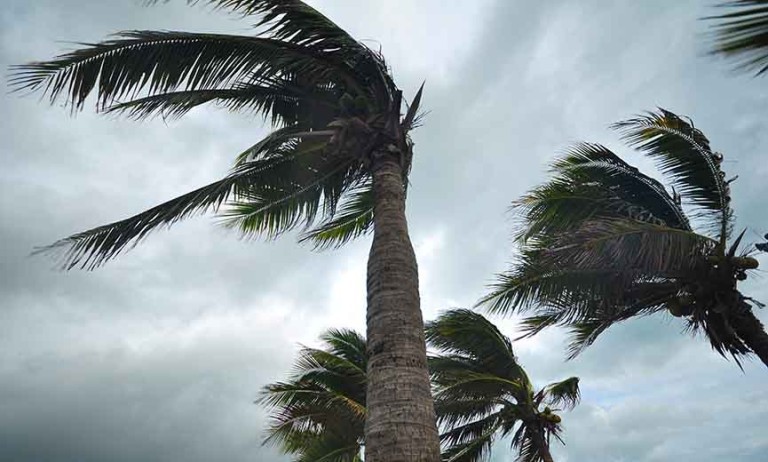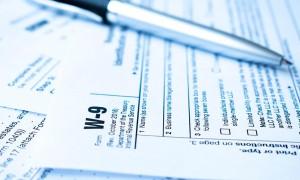- Human Resources
- Article
- 6 min. Read
- Last Updated: 02/13/2026
Natural Disaster Checklist: Resources to Assist Your Business in Preparation and Recovery

Table of Contents
In most instances, it is difficult to predict when and where a natural disaster will occur and it is near-impossible to determine the overall impact — financial, emotional, psychological, and physical — of the aftermath. We also can't predict when the government will create additional problems for those in federally designated disaster relief areas due to shutdowns that impact agencies such as the Federal Emergency Management Agency (FEMA). The continuing resolution (CR) that had been funding the Department of Homeland Security, which FEMA is part of, expired at the close of Feb. 13, 2026.
DHS has had to furlough non-essential workers at FEMA until Congress can agree to extend temporarily the funding through another C.R. or actually pass the appropriation bill to fund the DHS for the remainder of the fiscal year (through Sept. 30). Without some of its employees on the job, responses and coordination with areas affected by natural disasters will be delayed.
Employers can take steps to prepare their businesses and employees for the initial effects of this partial shutdown in areas impacted by any natural disaster and plan for what to do to facilitate recovery. Federal, state, and local governments also can serve as sources of information about health and safety, travel conditions, funding assistance, and more.
There are resources readily available for you to use personally, for your business and, where applicable, to share them with your employees.
Business Continuity Plan
Any business, small and large, should have a contingency plan to help protect itself from any disruption of ordinary business functions. The best strategy is to design a comprehensive document that spells out how to cover as many potential risks as possible.
A business continuity plan (BCP), in part, evaluates how your normal business functions might be affected by a natural disaster and finds an approach to help manage any potential risks. It also tries to put safeguards in place to minimize the impact of those risks.
Paychex and its HR Professionals can work with you to help your business develop a BCP.
Communications and Auxiliary Working Locations
A business should know ahead of time how it wants to communicate with its leadership team and its employees. This could involve one person or a centralized group acting as a hub to, in essence, begin a phone tree to contact employees.
Your actual business location might not be accessible or safe to go to, but you and your employees still might be able to conduct operations, depending on what your business does. Consider designating a different location such as a restaurant that has power and food to meet at once travel is possible and it is safe to do so.
Federal Emergency Management Agency (FEMA)
There is a tool on the DisasterAssistance.gov website for individuals and businesses to put in their ZIP code to check if they are located in an area that has been declared for assistance.
Financial and Other Assistance
The federal government has websites with additional links to other resources, including DisasterAssistance.gov, to get information about where to find help for food assistance, paying bills, unemployment, and more.
Small Business Administration (SBA)
The Small Business Administration website (sba.gov) provides information on funding for homeowners, renters, and businesses impacted by natural disasters. In the event of a natural disaster, the website lists maximum loan amounts as well as interest rates for businesses to repair disaster-damaged property, replace inventory, and equipment, and for homeowners/renters to replace disaster-damaged property.
Businesses can also apply for Economic Injury Disaster Loans (EIDL), which can provide working capital to small businesses, as well as most private and non-profit organizations to help them meet ordinary financial obligations during the recovery.
Taxes and Deadlines
If FEMA has designated your area as being impacted by a natural disaster, then businesses and individuals qualify for extended tax deadlines. Check out this page on irs.gov for more details.
Health and Safety
The Disaster Distress Helpline website offers resources along with a national hotline (800-985-5990) that provides 24/7 crisis counseling for individuals who are experiencing any emotional distress related to a disaster.
Daily Well-Being
Food and water are basic necessities during a natural disaster, and when possible, counties or neighboring counties will have Point of Distribution (POD) centers established by the state.
Tags







